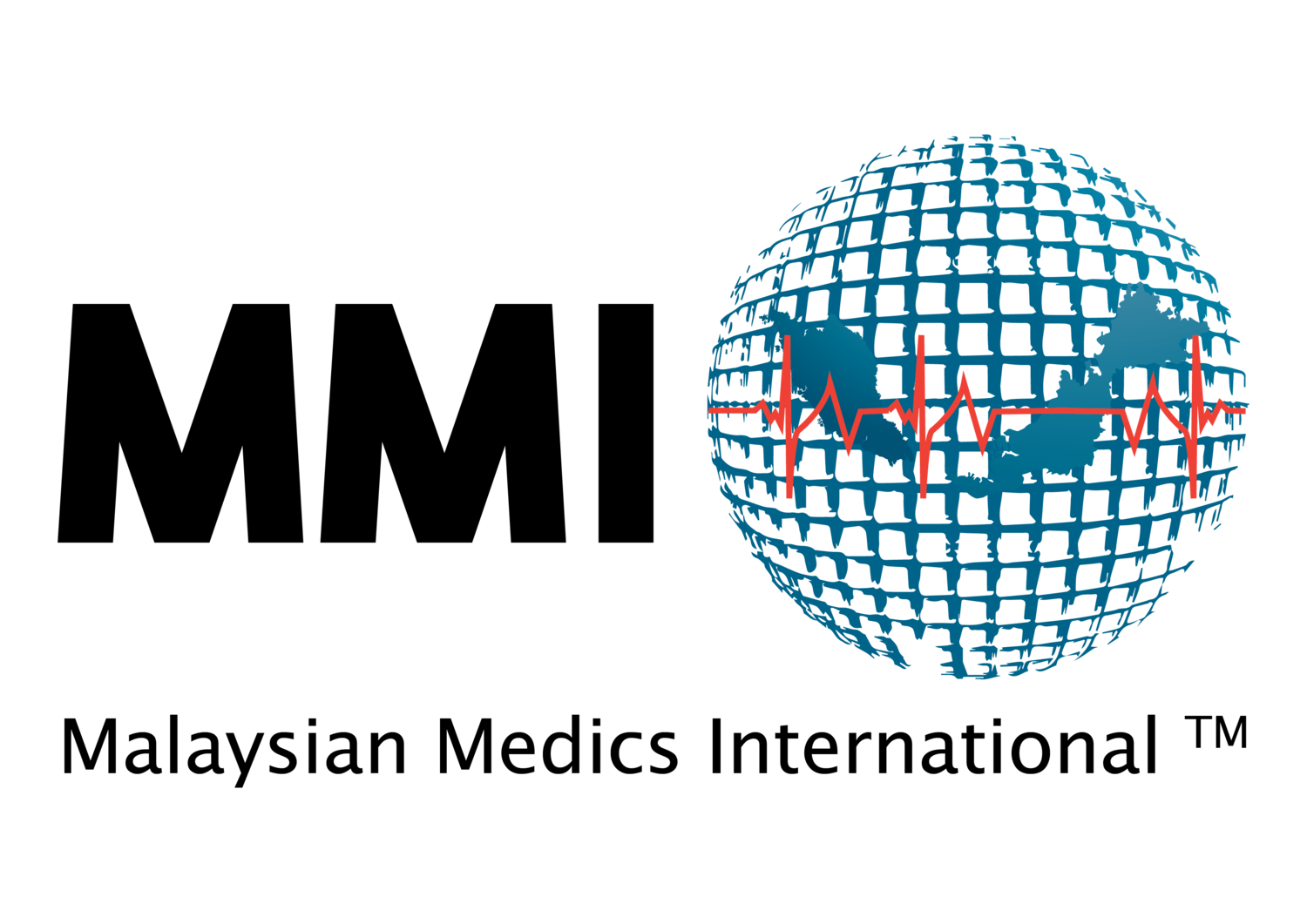“NURTURING YOUNG DOCTORS – Hope, Reality, Tragedy. (Part 1)”
(Mental Health and Well-Being at the Workplace)
Posted on Paul J Psychology Consultancy
HAPPY 2021!!
This post is for everyone to read.
I trust you are all actively engaged in staying healthy and safe.
Although this post may be relevant to all and sundry it is specially dedicated and directed to medical students and doctors I have had the opportunity to engage with through their education and development.
I’m going to jump right in and share my opinion about an important issue which is close to my heart and one that should be of greater concern to the Ministry of Health, ‘doctor’ educators, medical students and doctors. It is with regard to the challenges and stresses faced by medical graduates during their housemanship and their early years as doctors.
It is my opinion that nothing significant has changed in terms of action and support with regard to the problems they face during their formative years as health care professionals. Nothing evidentially, as reports and cases of houseman ‘breaking-down’ is on the increase. The referrals and fall-out rate of junior doctors has only increased. I state this as a private practitioner whose referral statistics are unreported in National Stats. It is obvious that the ‘official’ sensationalistic display and fracas of concern for this problem is ‘seasonal’ and not a priority for those in government and education.
This post is not a call to change policies or to be accused of catalysing an audacious change in medical education. It’s far more important than that. It’s an invitation towards a practical intervention rather than circumventing protocol and ‘repairing’ the compromise of ‘emotional survival’ and ‘saving lives’.
I’m sure bureaucrats and medical educators will disagree with me in many ways. However, the reality is glaringly clear. Many junior doctors are ‘suffocating’ despite their shedding of blood sweat and tears. Whenever this problem is highlighted, there seem to be unseen and invisible motives, such as politics, finances, rigid and frigid educationists that drive these campaigns towards a dead-end till bare whispers fill empty bureaucratic corridors.
The sad thing is that doctors who are stressed out are quickly labelled and medicated, then deemed weak and dysfunctional. It’s ironic that when someone reaches out for help they are not seen as embodying the courageous, insightful or ‘professional’ - behaviour that doctors are encouraged to advocate in their patients. In fact it is sad that many young doctors in this predicament are afraid to reach out within the ‘system’ in fear that they will be victimized and their future compromised. So much for one of the noblest of ‘caring professions’.
The bottom line is that there are ‘young’ doctors suffering. What are they suffering from? The list is perennial. However, there are recurrent significant issues. These include ‘bullying’, severe lack of ‘civility’, intolerance of diversity, unempathetic colleagues, and organizational factors; all of which provoke and maintain systematic ‘dehumanising’. The perpetrators? It could be anyone within the system. The overarching priority of ‘mental health and well-being’ at the workplace, in my opinion is practically non-existent. The policies and ‘action plans’ are like tint applied to windows - obscure reality till it’s tolerable. This apparent ‘cancer’ is painfully disgraceful. Many are dying a death of systematic victimization, disenfranchisement and disempowerment.
Ever since I effectively learned about the concept of what a ‘houseman’ was (since 1984), I have become acutely aware about “that stage” of a medical career as being full of pressures and problems. More often than not, surrounded by an abundance of unsympathetic and unempathetic – ‘colleagues’ and ‘superiors’. I am also saddened when I read about bloggers/ “experts” who simply advise beleaguered “abnormal” housemen to “suck it up” and keep chomping at the bit however painful it is.
In no way do I accuse all colleagues and superiors for unsupportive responses at the workplace. Many are humanistic enough to try and assist but unless there is a systemic change, I’m afraid that we will continue to be challenged by this time immemorial problem. One has to be multi-sensorially deficient and ignorant not to admit that it is worse now, than ever before. This ‘dis-ease’ facing our young doctors is, of course, further compounded by the challenges of the Covid-19 pandemic and the psycho-social constraints of current public health policy. It’s a recurrent ‘cancer’ that we do not have to live with.
To be continued with Part 2
About the author
Written by Paul K. Jambunathan. Paul is a Consultant Clinical Psychologist with over 35 yrs of experience in applied psychology in Britain, Australia and Malaysia. A passionate proponent of Positive Psychology and Emotional Intelligence, he is active in advancing this in private and professional settings.

